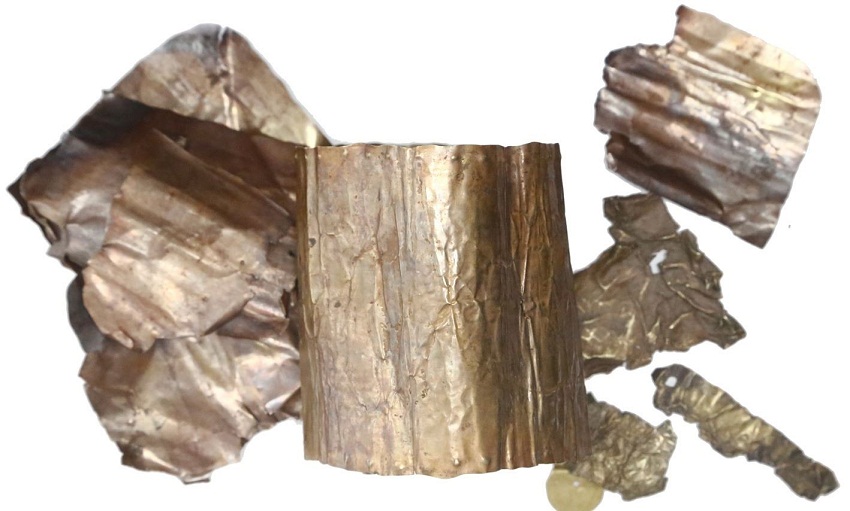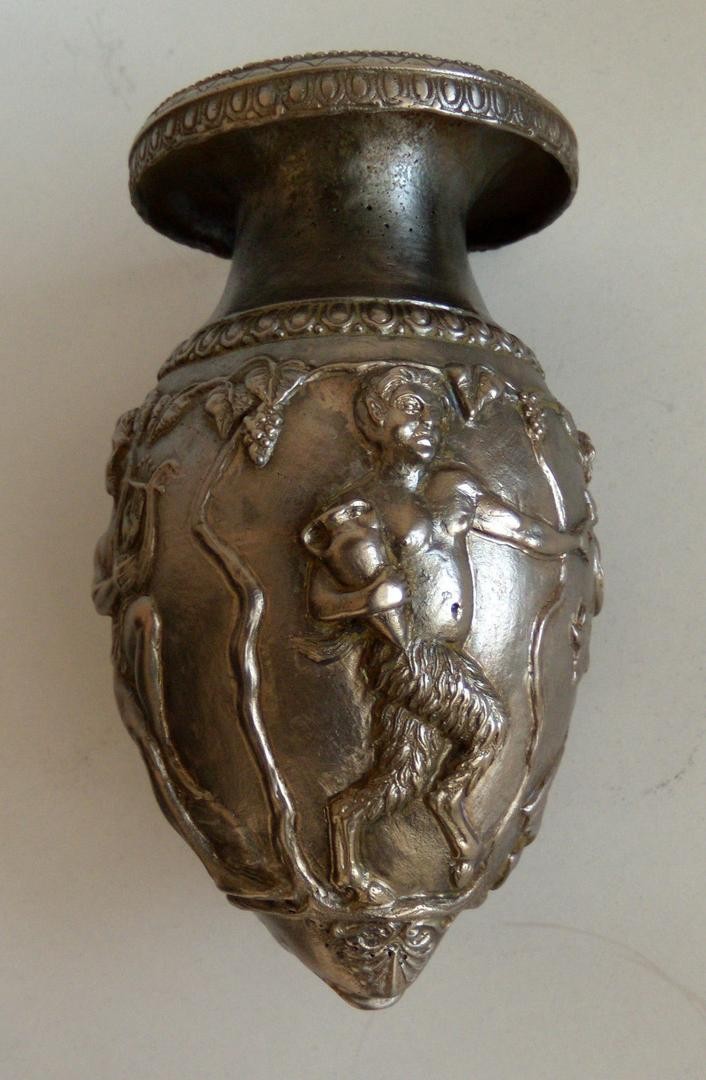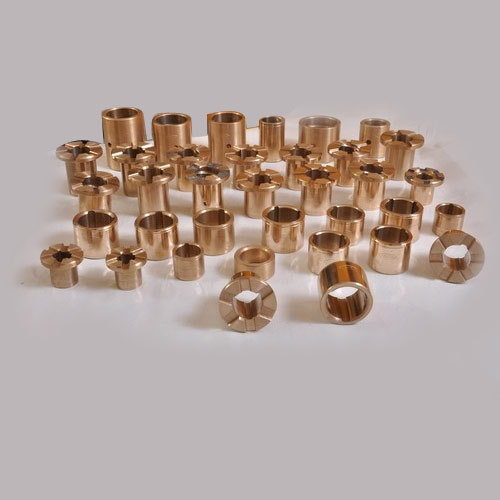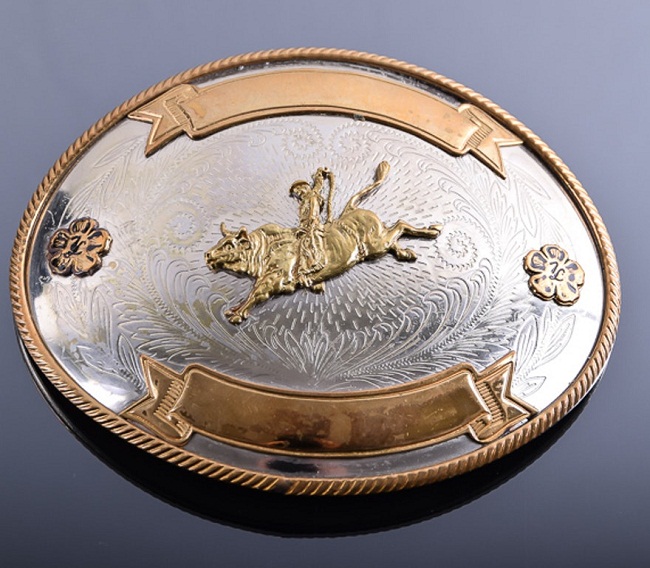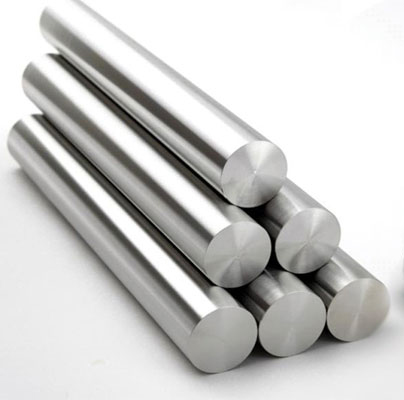Rose Metal
What is Rose Metal?
Rose metal, also known as Rose’s Metal, is a fusible alloy. It consists of bismuth, lead and tin. The metal has a very low melting point and is used as a fusible alloy.
Rose Metal Discovery
Valentin Rose the Elder, the German pharmacist and chemist, was the first person to discover this fusible alloy. The metal was then named “Rose Metal” after its discoverer. Valentin Rose the Elder was also the grandfather of Heinrich Rose, the re-discoverer of the chemical element niobium (Nb).
Rose Metal As a Fusible Alloy
Rose metal can be very conveniently used as a fusible metal. Fusible alloy are metal alloys that have a low melting point. Metal work pieces are joined together by a solder. Alloys with low melting points are used in the process of soldering so that they can join the work pieces in use by melting. As they melt in a very low temperature, the work pieces remain unaffected. Metals with a melting point between 90°C to 450°C are typically used as a solder. Soldering is mainly used in electronics and plumbing. The Rose metal alloy has a very low melting point. The alloy melts in 100°C or 212°F. That is why it is very useful as a fusible alloy and is used as a solder.
Rose Metal Composition
Rose’s metal or Rose’s Alloy consists of
Bismuth expands by 3% at freezing temperature and shrinks on melting. Rose metal alloy is fairly neutral as it consists of 50% Bi and its shrinkage is balanced by Pb and Sn.

Picture 1 – Rose Metal Image
Source – youtube
Uses of Rose Metal
Some of the uses of rose metal are:
- Rose metal is mainly used as a solder.
- Rose metal is used as filler in bending a tube. In this process, the tube to be bent is first filled with melted Rose metal. Next, the metal has to be solidified. Then, in the third stage, the bending of the tube is completed. The solidified Rose metal inside the tube prevents it from getting collapsed. When the tube attains the desired shape, the Rose metal is re-melted and poured out of the tube.
- In a constant temperature bath, the Rose metal alloy is used as a heat transfer medium. It is usually not used for the process at lower temperatures. It is employed only in hot bath with temperatures above 220°C.
- Rose metal can also be used as a low temperature casting metal.
- This metal is also used as a valve element in automatic fire sprinklers. The valve, having a low melting point, melts in fire and provides water to stop the fire from spreading.
- It was also used to secure iron railings and balusters in stone steps and stone bases.
Rose Metal Properties
Rose Metal has the following properties:
- Rose metal has a very low melting point of 212°F.
- Even though fusible alloys are usually eutectic (the property of being solidified at a lower temperature than others compositions), the Rose metal alloy is not.
- Rose metal contracts slightly when cooling from 80°C to 55°C. Then expands again between 55° to 35°C.
Apart from being a highly efficient fusible solder, Rose metal has diverse usefulness. Since its discovery, this alloy has been used for making useful articles like fire sprinklers. The alloy is also used in factories and industries for jobs like pipe bending and constant temperature bath.
- References
- http://www.rosemetals.net/
- http://www.answers.com/topic/rose-metal
- http://brassgoggles.co.uk/forum/index.php?topic=672.0;wap2
- Sciencemadness.org
